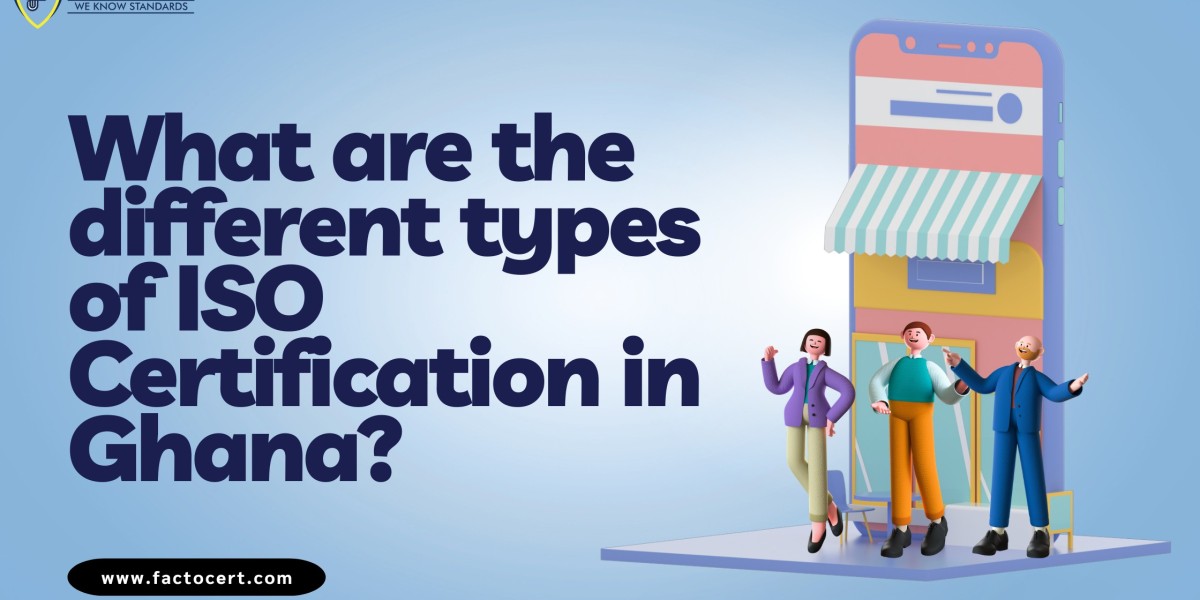In the effort to combat domestic violence in Virginia and provide a safeguard for victims, Virginia has instituted protective orders as a legal mechanism to restrict the actions of alleged abusers and enhance the protection of those at risk. Protective orders play a crucial role in creating a safer environment for victims and preventing further harm.
Defining Protective Orders
A protective order in Virginia is a court-issued legal document designed to protect individuals from domestic violence, stalking, or other forms of threatening behavior. These orders can be sought by individuals who have experienced abuse or harassment from family or household members. Protective orders can also be obtained in cases of non-family or non-household member stalking or sexual assault.
Types of Protective Orders
Virginia recognizes three main types of protective orders, each offering varying levels of protection:
Emergency Protective Orders (EPO): These orders are issued by a magistrate or judge and are typically valid for 72 hours. EPOs are commonly obtained in emergency situations, providing immediate protection for victims.
Preliminary Protective Orders (PPO): Issued by a judge, PPOs last for up to 15 days and are granted after a hearing where the petitioner presents evidence of the need for continued protection. PPOs provide a bridge between emergency protection and the more long-term solution of a permanent protective order.
Permanent Protective Orders: For situations requiring extended protection, victims can seek a permanent protective order. These orders can be valid for up to two years but may be extended if the threat persists. A thorough court hearing is conducted, allowing both parties to present evidence before a judge makes a final decision.
Scope and Violations
Protective orders in Virginia can include provisions such as prohibiting contact, residing together, and possessing firearms. Violating a protective order is a serious offense and can result in criminal charges and additional legal consequences for the offender.
Access to Support Services
Victims obtaining protective orders in Virginia often have access to support services provided by advocacy organizations and law enforcement agencies. These services may include counseling, emergency shelters, and assistance in navigating the legal system.
Conclusion
Protective orders are a vital legal tool in Virginia's commitment to addressing domestic violence and protecting those in vulnerable situations. By providing swift and decisive legal recourse, the state aims to empower victims and create an environment where individuals can live free from the threat of harm. Understanding the different types of protective orders and their implications is crucial for those seeking protection and for the effective implementation of the legal system in the pursuit of safety and justice.








